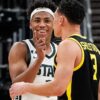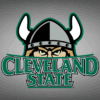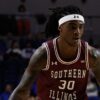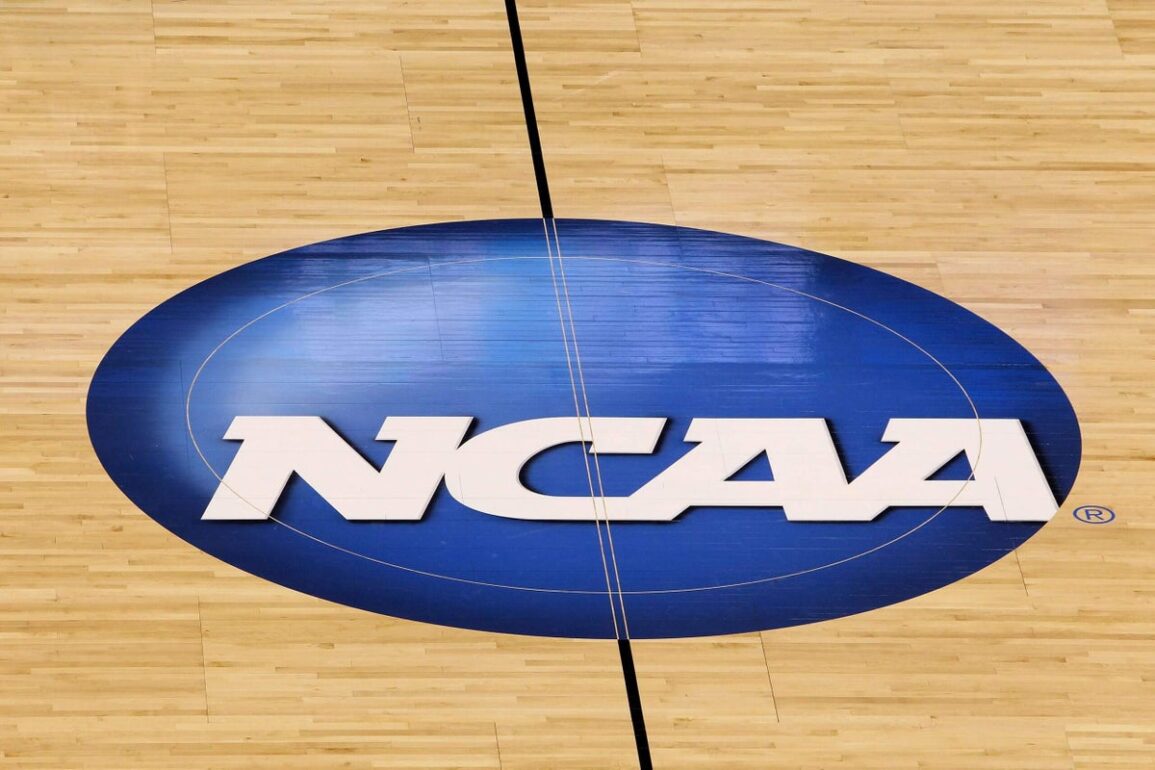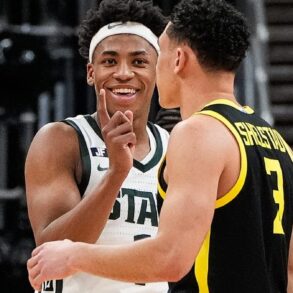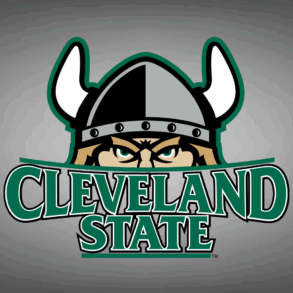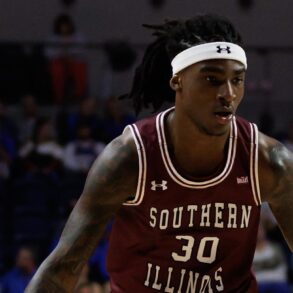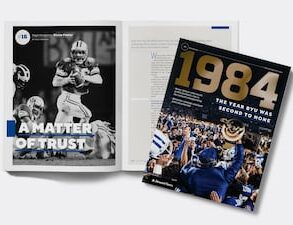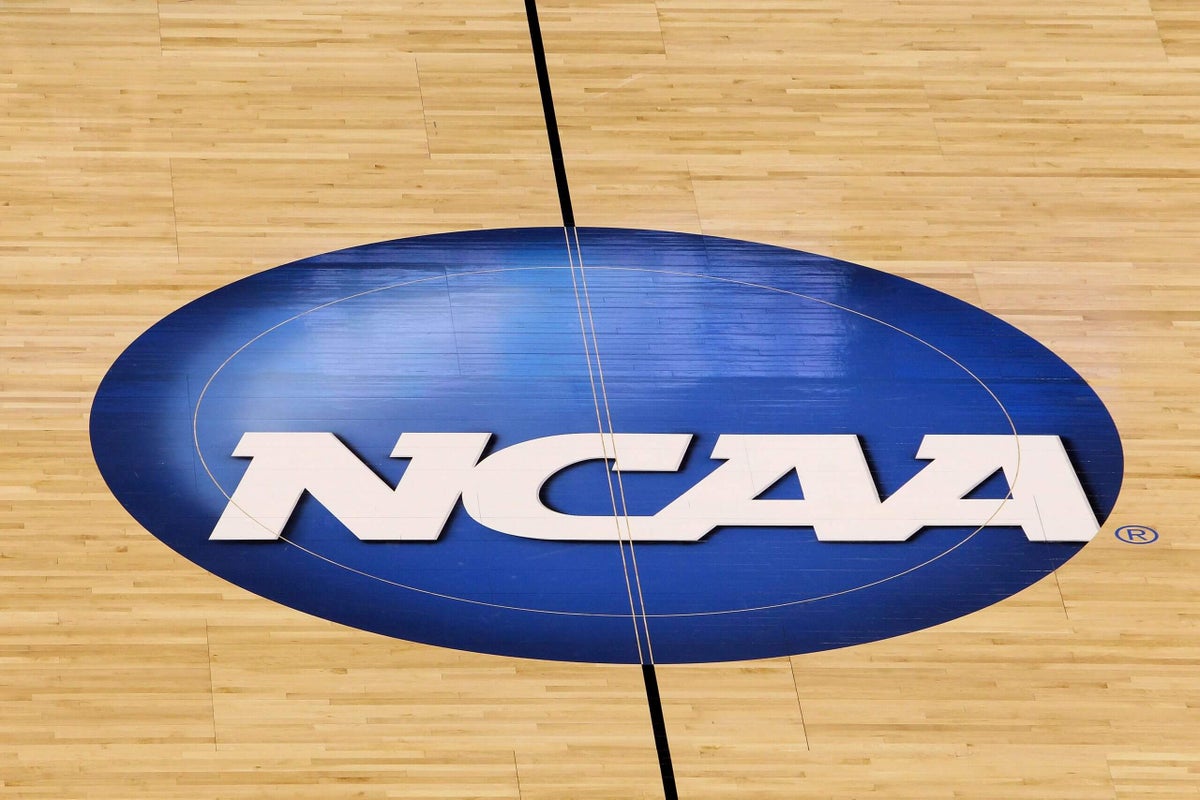
As part of its ongoing push to ban player-based prop bets in college sports, the NCAA announced Friday the renewal of an agreement with Genius Sports that will require bookmakers to drop wagering on individual performances if they want access to real-time statistics from March Madness and other championship events.
Advertisement
Genius Sports is a company that sells data to sportsbooks. The deal extends through the 2031-32 NCAA championships. The NCAA’s current agreement with Genius covers the development and support of live stats by the company and licensing the data to third parties, but prohibits licensing to sportsbooks. The new deal lifts that prohibition.
Financial terms of the new deal with Genius were not disclosed, but by allowing the data to be sold to sportsbooks, the agreement could increase revenue to the NCAA. The NCAA and Genius would share fees paid by sportsbooks for the data.
Sportsbooks can still access publicly available data and statistics from NCAA events without buying them from Genius, but using licensed data — as is often the case with professional sports leagues — is considered preferable for accuracy, in-game, online betting, and integrity monitoring.
NCAA President Charlie Baker has been lobbying federal and state lawmakers for more than a year to ban prop bets — short for proposition — based on individual player performance in college sports. Gambling watchdogs warn prop bets can be more easily manipulated than team-based game results. Four states — Ohio, Vermont, Louisiana and Maryland — have agreed to remove college prop bets from their sportsbooks since the NCAA’s push.
“NCAA data will only be available to sportsbooks if they remove risky bets from their platforms and agree to fully cooperate with NCAA investigations and provide key information, including geolocation data and device records,” Tim Buckley, the NCAA’s senior vice president for external affairs, said about the agreement with Genius. “The NCAA retains the right to terminate any sportsbook data license if integrity protections are violated — ensuring real accountability.”
The NCAA says having sportsbooks use licensed data will not only improve integrity monitoring but also surveillance for online harassment of athletes by bettors.
Genius has similar partnerships with the NFL, WNBA, English Premier League and Major League Baseball.
Advertisement
The NCAA has carefully tried to navigate the boom in sports betting since a Supreme Court ruling in 2018 cleared the way for states to make it legal. Thirty-eight states currently permit gambling on sporting events.
The NCAA still prohibits athletes and individuals who are affiliated with athletic departments from sports wagering, though it has dialed back some potential penalties for those caught betting on events outside of their sports or their schools. Athletes and others who bet on events they are involved in or are found to have impacted the integrity of competition still face permanent loss of eligibility or bans from working in college sports.
In the most recent high-profile case of game-fixing, former NBA player Jontay Porter pleaded guilty to one count of wire fraud conspiracy after federal investigators found he made a deal with gamblers to guarantee he would not reach the points, rebounds and assist thresholds set for him by a casino in certain games by faking injuries.
The FBI investigations have so far led to charges for six people — four of them have already pleaded guilty — and have extended into college basketball.
The Athletic previously reported that five small, mid-major Division I schools are being investigated by the federal government for possible ties to the scheme that snagged Porter.
Alarms were raised when unnatural betting action moved the line on a Temple-UAB conference tournament game in March 2024; federal law enforcement is looking at whether the same group of bettors can be tied to unusual line movement on other college basketball teams this season as well.
The NCAA has not publicly commented on its inquiries into potential integrity issues related to the federal investigation, but Temple acknowledged last year it is cooperating with the association.
Advertisement
NCAA officials have said there has been a sharp increase in investigations related to potential gambling infractions as legalized, app-based gambling has become more prevalent. Most cases involve college athletes and those who work in athletic departments placing bets and not potential game-fixing.
The NCAA also prohibits advertising and sponsorship deals associated with betting.
The NCAA says increased revenue generated by the deal with Genius will fund educational programs directed at young people about the potential harms of sports betting and its efforts to monitor and mitigate harassment of athletes, coaches and officials.
The NCAA says online harassment of athletes has soared since the legalization of gambling.
A study published last year found a third of college athletes received abusive messages from someone with a betting interest; 80% of the abuse was directed at March Madness men’s and women’s basketball players, with women’s basketball student-athletes receiving approximately three times more threats than their male counterparts.
— Mike Vorkunov contributed to this report.
(Photo: Ronald Martinez / Getty Images)
This post was originally published on this site be sure to check out more of their content.


